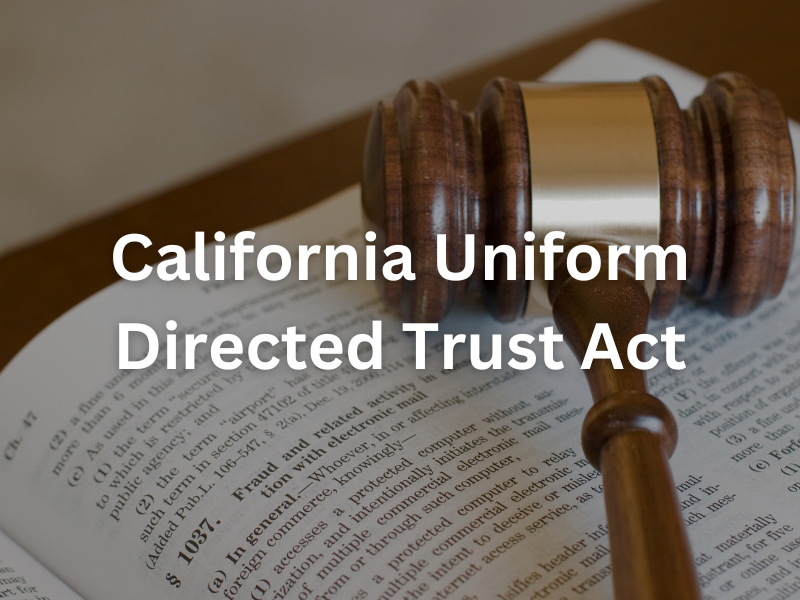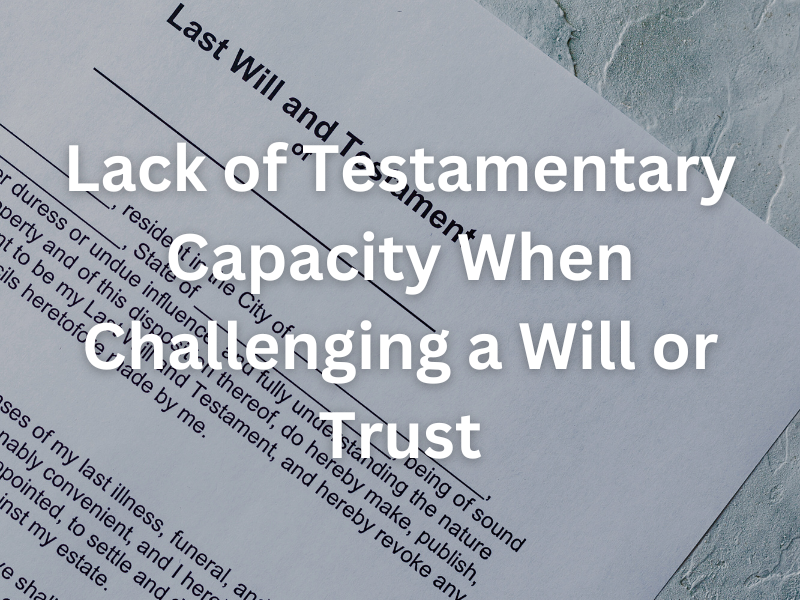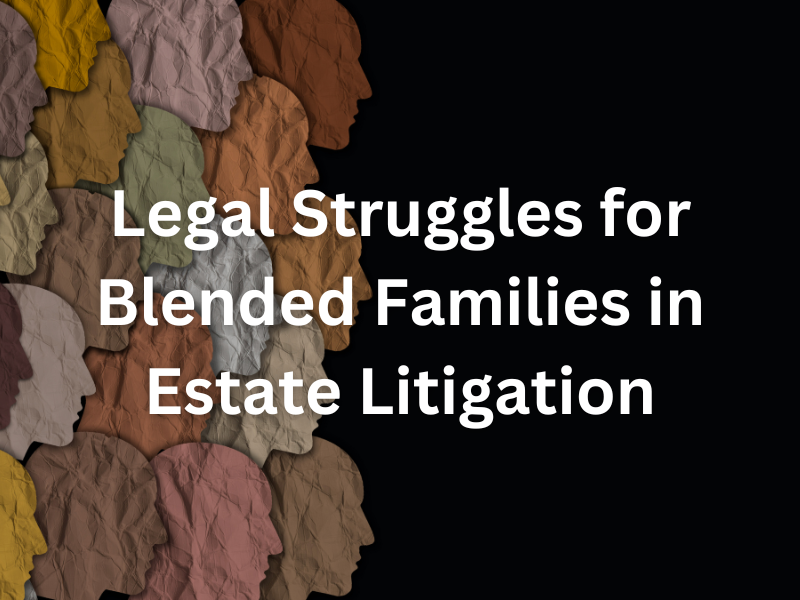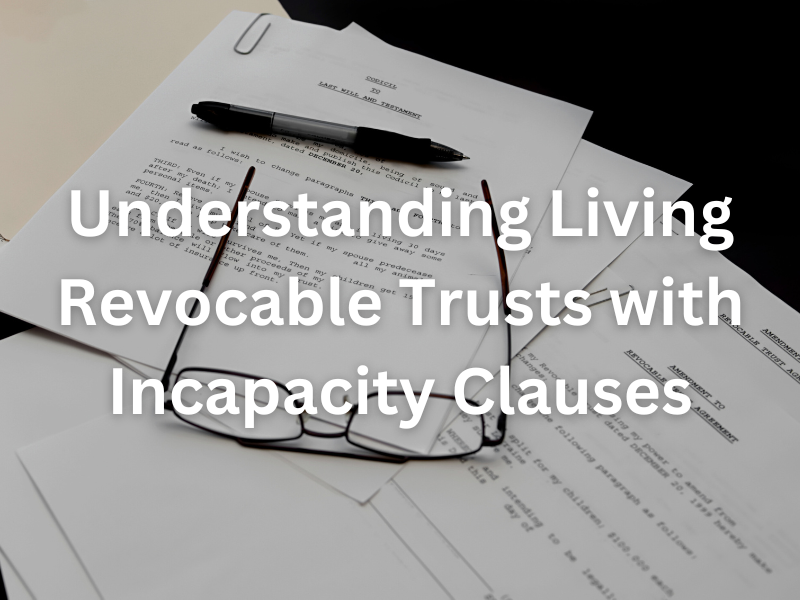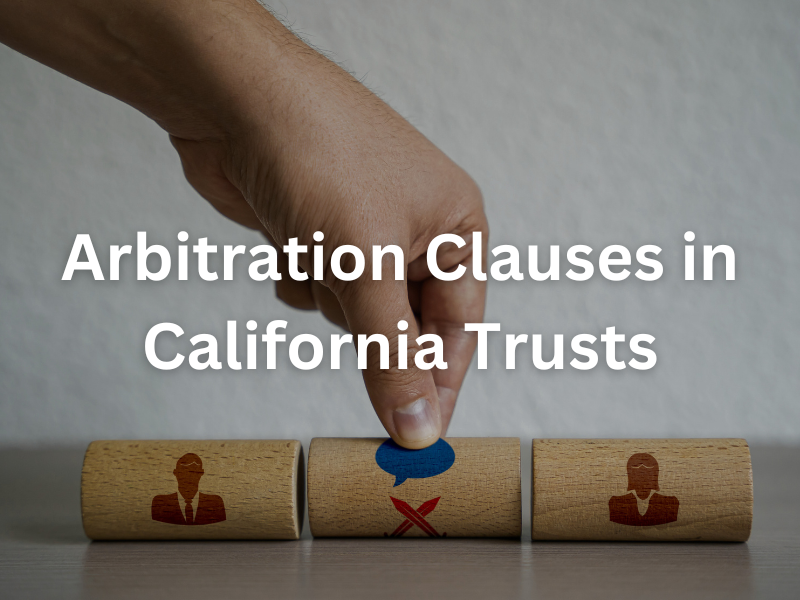
Should a trustee tell you what is happening in the trust administration? Of course they should, but all too often trustees use information as a weapon and keep their beneficiaries in the dark. It is easy to spot a good trustee because there is a transparent, free flow of information. Bank statements, brokerage statements, closing […]



